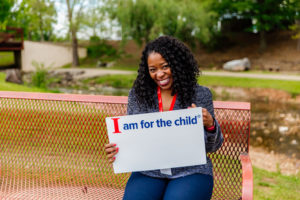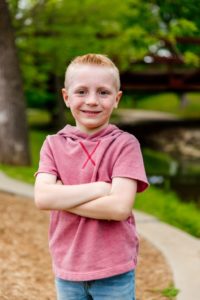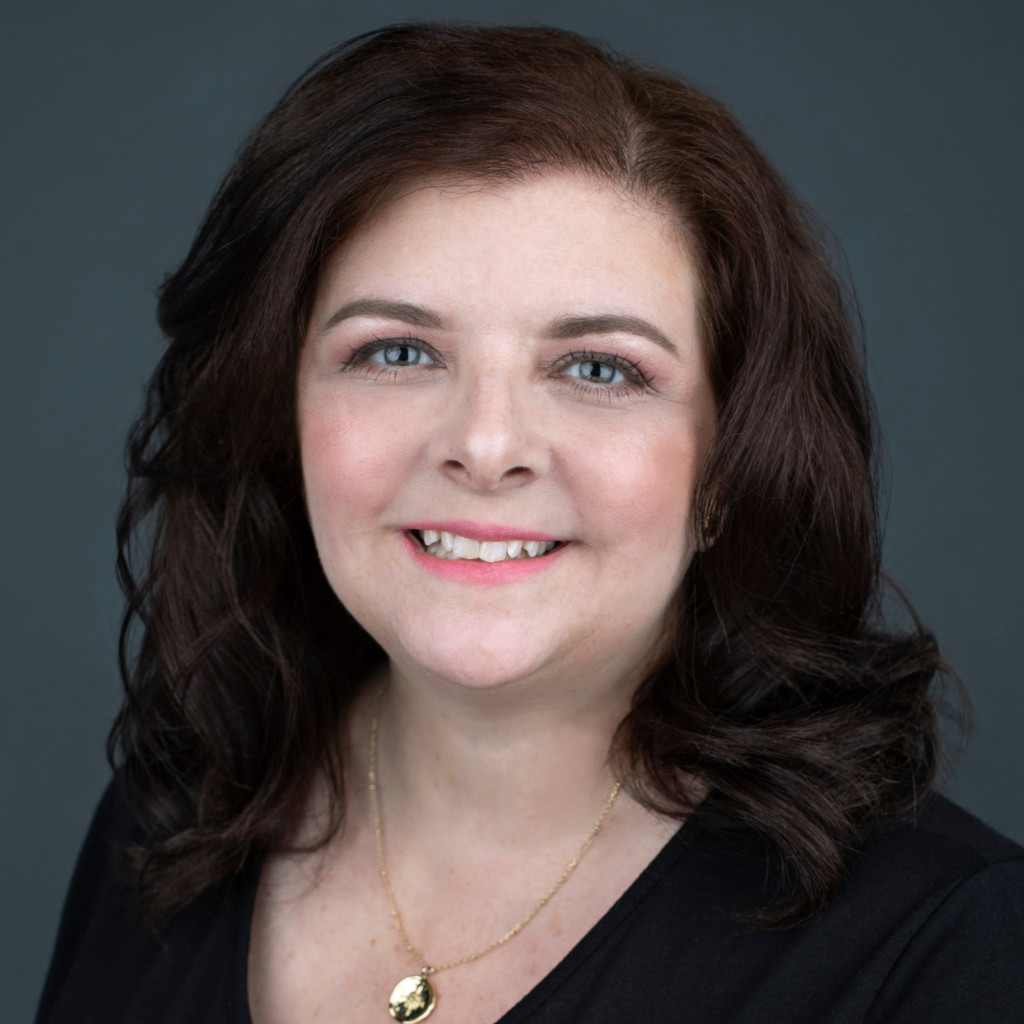From the number of staff to the counties we serve to additional programs to meet the needs of our community, here are just a few of the ways our advocacy has changed and shifted since our organization got its start in 1997.
Expanded Team and Impact
 -After a long strategic journey, we now serve every child assigned to us by the court system! We finally have volunteers waiting for cases instead of children waiting for volunteers.
-After a long strategic journey, we now serve every child assigned to us by the court system! We finally have volunteers waiting for cases instead of children waiting for volunteers.
-To meet the growing needs of our children, our volunteer base and staff have grown tremendously over the past 25 years. What started with a couple of dedicated team members and a handful of advocates has grown to 18 staff members and more than 400 volunteers.
-As Northwest Arkansas continues to grow, so too has our local CASA program. Founded as an agency serving children from just Washington County, CASA of NWA has expanded to include children from Benton, Madison, and Carroll counties.
Our Volunteers
-While new volunteer recruitment will always be needed, we believe focusing on retention and relationship building with our current volunteers is key to growing and maintaining our volunteer base.
-With the move to our current building in 2014 and the conversion of garage space to a training room in 2020, we are better equipped to offer high-quality, pre-service and continuing education for our advocates.
Family Focus

-Guided by changes to legislation at the federal and state level, our program has shifted its mindset over the years in how we advocate for the child. The primary goal of foster care cases is to return children to their homes of origin if it is safe to do so. Therefore, CASA volunteers work more closely now with biological parents, helping to identify resources or answer questions they may have.
-Another big shift is trying to place children with appropriate family members instead of kids being placed directly into foster homes. To assist this process, CASA of NWA developed a family finding program and incorporated it into our new volunteer training.
Transitioning Teens
-In response to the unique needs of teens aging out of the foster care system, we developed our Older Youth Program in 2013. By offering life skills classes and transitional life planning for our teens along with specialized training for older youth advocates, we help foster independence while putting safeguards in place for these young adults.

Answered by Program Director Shelley Hart